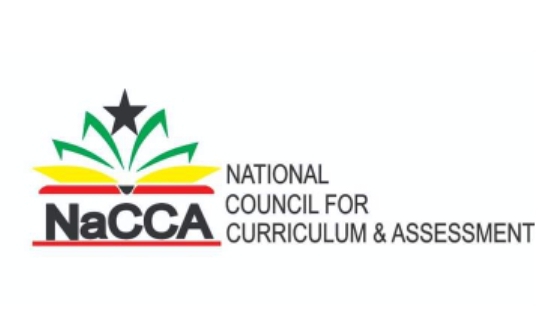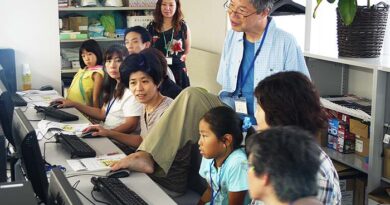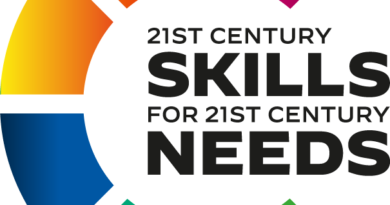How Realistic is the Curriculum?
It is very common to hear teachers in Ghana complain and murmur that their experiences, opinions, views and inputs are not considered when designing and putting together a new curriculum, educational policy or anything that has to do with a change or improvement in education. This goes to tell the gap that exists and continues to widen between teachers (who consider themselves as the practitioners and implementers ‘on the ground’) and policymakers. As part of their complaints, teachers sometimes claim that some of these policies and changes made from the top do not often solve the actual problems on the ground. And in some cases not realistic. This situation is often reflected in some short-lived policies introduced. Sometimes, teachers on the ground are a bit hesitant to execute some of these changes and even if they do, it takes some significant time for them to understand and adjust to what is actually expected of them. Why? Because whatever it is that is being introduced is often very foreign to them. Then, how do we bridge this gap between the top and those on the ground?
Policymakers should see and recognize teachers in the classroom as co-designers of the curriculum and not just implementers. They should be given the opportunity to put into practice more of the education and training they received at the colleges and the universities. Teachers did not only learn about how to teach in the colleges and the universities. At least they have some knowledge on curriculum changes and development. This makes them very useful agents in any curriculum innovation. If the country really want to have a very realistic and relevant education that actually recognizes the problems of the nation from local communities to that of national, then teachers must be highly involved in curriculum development. They should not be treated as dumping site for ‘curriculum innovation’.
Second, the essence of supervision should be redefined in the Ghana education space. The common practice that supervisors inspect the teachers’ work be it lesson plans, work output or in-class teaching should not be limited to just helping the teacher improve his or her work or making sure the teacher is doing the right thing in the class.
There should also be an element of taking information and teacher innovation from the supervision process. Is there any novelty that is being exhibited in the class by the teacher that can be recommended and adopted in the district? Instead of focusing on going around to look for problems with the teachers’ work, why not try hunting for innovations that have been limited to only when it is time to look for teachers to award? Such teacher innovations and discoveries can be documented for further analysis at the national level.
Let us take this opportunity to look at the Japanese lesson study which can also help to accumulate innovations to support curriculum change and development. This is a lesson research that involves a teacher planning and delivering a lesson in a live class with students, and observers which include colleagues from the same school, other schools, university professors, education officers, etc. After the lesson, participants have a post-lesson discussion to assess the lesson. If there are aspects of the lesson to be adopted, these participants take it back to their various fields.
The teacher who delivered the lesson gets the opportunity to explain some of his decisions and actions during the lesson. Other teachers make comments and suggestions on their observations. Through this brainstorming exercise new ideas are built on that particular lesson and the participants take it with them. Other teachers may want to try it in their schools. University professors and teacher educators who participated will discuss and try to incorporate it into their programs. Policymakers may take note of it. The point is, whatever is done there does not remain in the school. At least, it climbs the ladder to reach various stakeholders.
The Ghana Education Service can also design a mechanism to identify and accumulate the innovative works of teachers in the classroom. Compile them over the course of a period. Assess them to get to know how they can be useful to a curriculum change. A special fund can be set aside and given to any teacher or a school that will conduct and present research that describes and solves an educational problem or anything that has to do with education. This research should be published in a special journal dedicated to educational research in the country. The Ghana Education Service should publish it annually. This will get teachers very active not only in teaching but also in other equally important aspects as well. Also, policymakers and curriculum developers will be able to get up-to-date information on what is actually happening in the classroom and schools to inform any decision and curriculum innovation.
The relevance of a curriculum is not only about matching international standards but also solving realistic problems both at the local and national levels.
By:
Nicholas Okota Wilson
okotakwame7@gmail.com



